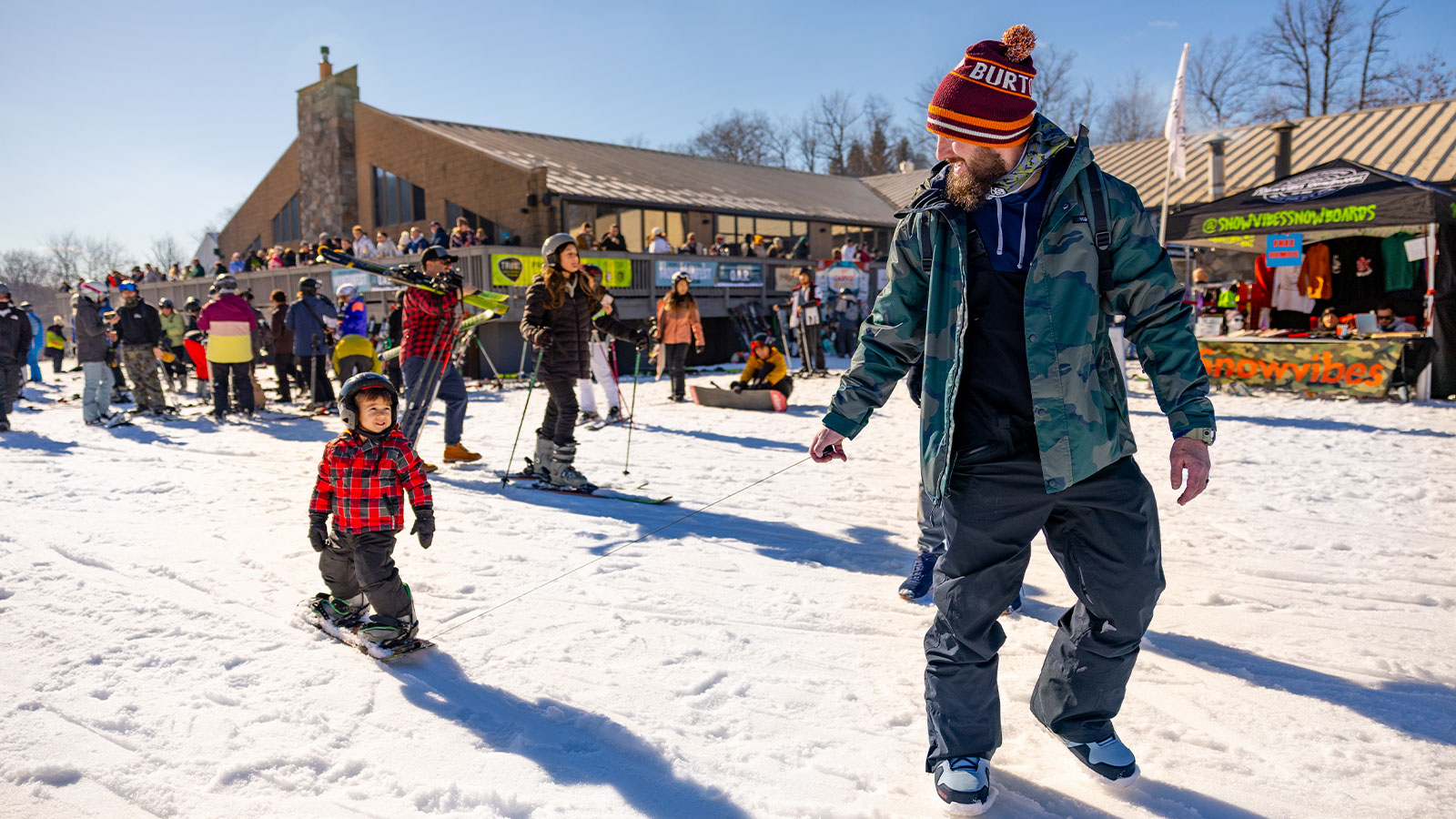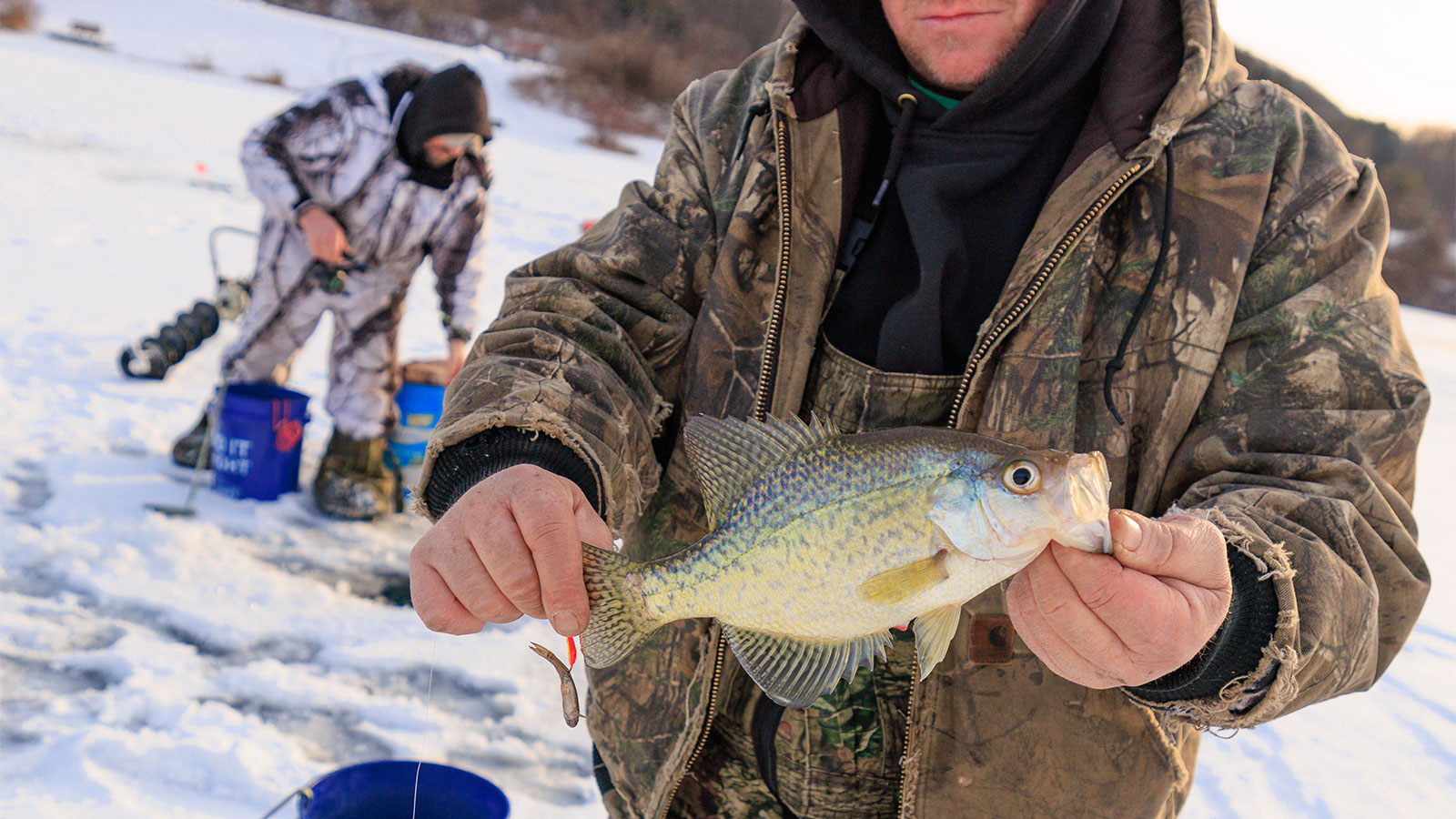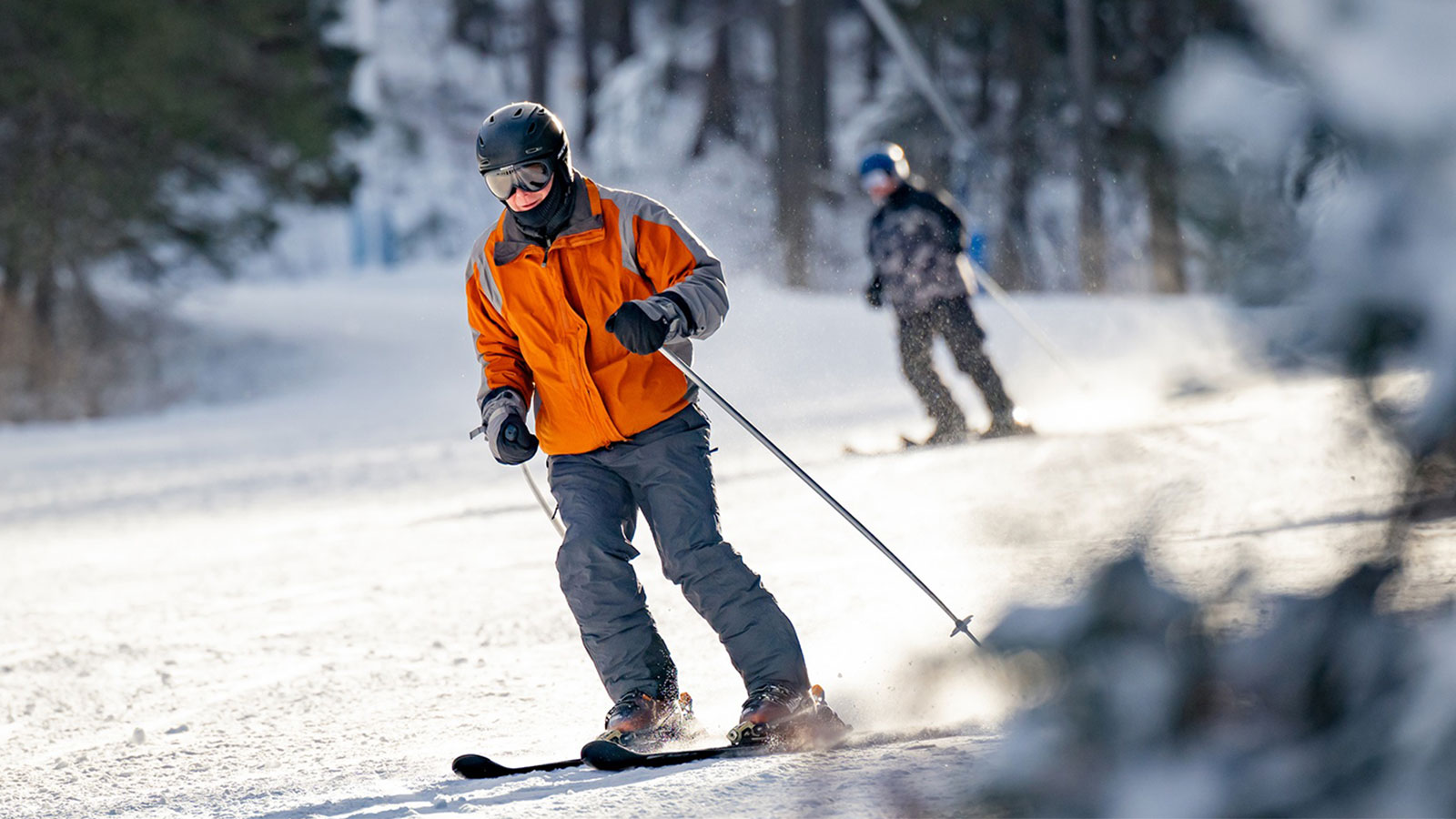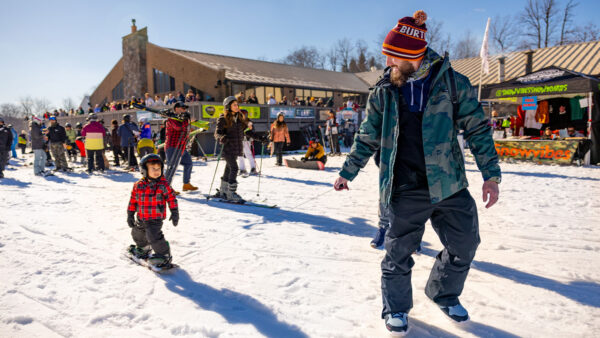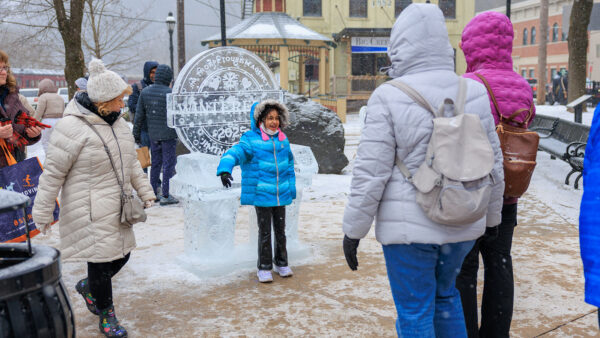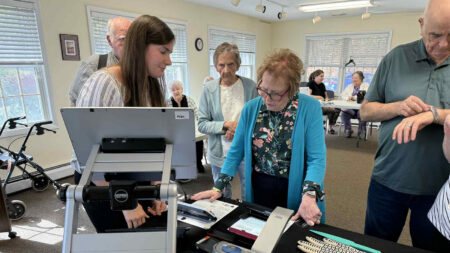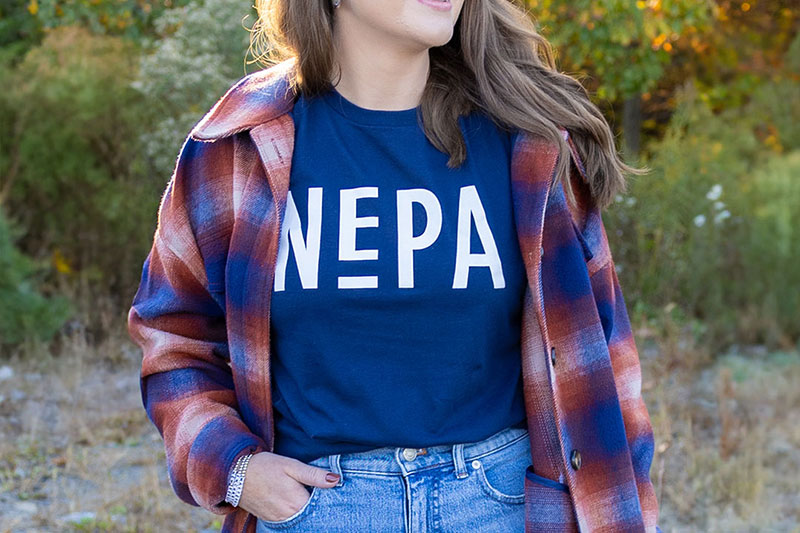In our quest to build NEPA’s most comprehensive nonprofit directory, we discovered hundreds of incredible organizations. We’re eager to share their inspiring stories.
In this series, we spotlight hardworking organizations, dedicated volunteers, and compassionate individuals who make a difference. We hope these stories inspire you to join us with your time, hands, and hearts. Follow along as we delve beyond the mission statement.
Growing a Sustainable Community
Jane Risse, Executive Director of The Greenhouse Project in Scranton, was teaching a group of kids how to prepare a garden bed when they came across a surprise.
“The first time they went to dig in the ground, they thought the worms were snakes. They had never really dug a garden,” she recalled. “And I’m not kidding, they thought the tomatoes were apples.”
It might sound silly—just kids being kids—but the story has a serious side. In a world where everything comes pre-packaged from a supermarket, fresh and wholesome food is becoming a rarity.
“And it isn’t just children or teens. Adults are like that also. When you realize how people have become so disconnected from where their food comes from, it’s a problem, and it’s what we’re trying to solve,” said Risse.
The Greenhouse Project organizes gardening demos, community gardens and cooking classes to help close the gap between people and the land. But the work doesn’t end after the harvest. This nonprofit cultivates good health in every aspect, bringing healthy eating, active living and creativity together at one community hub.
A Community-Based Resource
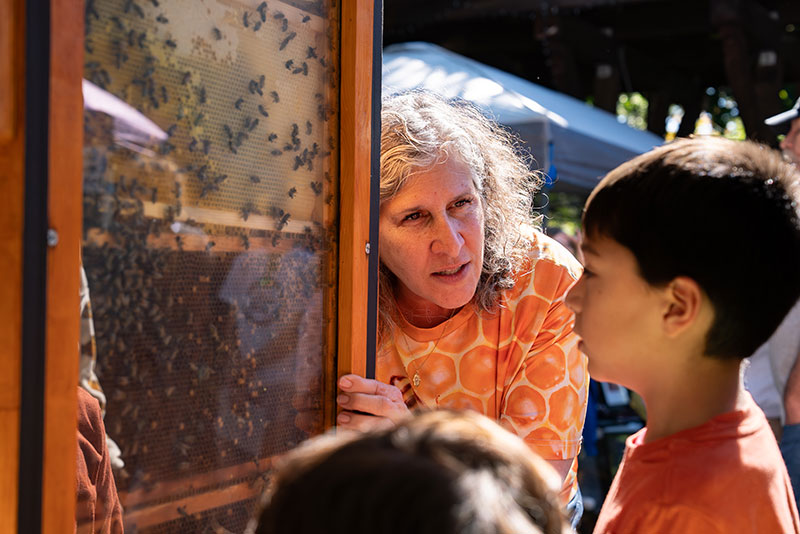
Connecting communities through food, gardening and wellness
The Greenhouse Project offers programs that teach healthy living through food, active lifestyles, and creativity, all within the welcoming environment of the greenhouse and local community. Beyond their main facility, they also manage two community gardens, providing families with space to grow their own food. Their Empowered Eating program promotes plant-based diets, while additional offerings include yoga, arts, nature walks, and learn-to activities like kayaking and fishing, all aimed at nurturing both body and mind.
The nonprofit also hosts seasonal plant sales and annual events like the HoneyBee & Harvest Day, which celebrates the crucial role of pollinators in food systems while raising funds to support their public education programs.
With a focus on fostering a healthier, more connected community, The Greenhouse Project invites everyone to get involved—whether through volunteering, donating, or attending one of their enriching programs.
“For some reason, everything about this place calls the best out of people to come together and do these things on a small scale, but with a heart for seeding something much bigger.”
Sowing the Seeds for a Healthier Life

Small steps toward healthy living can help the entire city thrive
The Greenhouse Project started off as a small, humble team of volunteers who pitched in wherever they could, from running after-school programs to helping at the food pantry. In 2013, they found a permanent home at the James Barrett McNulty Greenhouse, a 3,000-square-foot facility in Nay Aug Park that had been vacant for years. Today, the greenhouse is filled with rows of lush plants, vibrant herbs, and heirloom vegetables—31 varieties of tomatoes alone.
Volunteers like Lydia Bagdonas and Brady Dempsey tend to the greenhouse, nurturing seedlings for upcoming plant sales, which serve as important fundraisers. All of the plants are organic and heirloom varieties, known for their sustainability and rich history.
The Greenhouse Project is more than a place to buy plants—it’s a local resource for learning how to lead a healthier life. Education is at the heart of their mission, and they continue to expand their programs on gardening and nutrition. Their teaching garden outside the greenhouse is an active space for horticulture classes, while Empowered Eating introduces people to the basics of plant-based diets.
Jane describes The Greenhouse Project as an “organic organization,” one that grows naturally as volunteers step forward with new program ideas. “The community has grown around this. It never ceases to amaze me,” said Kimberly Crafton, Program Director. “For some reason, everything about this place calls the best out of people to come together and do these things on a small scale, but with a heart for seeding something much bigger.”
Activities at The Greenhouse Project
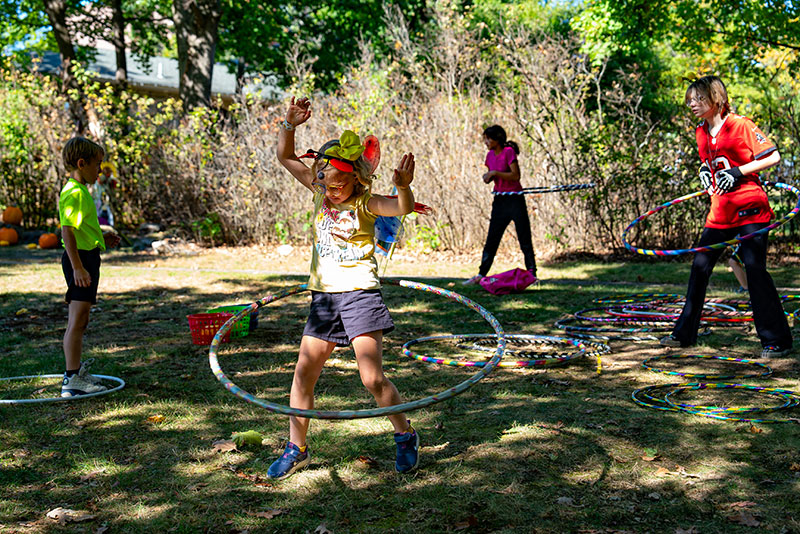
The Greenhouse Project offers a wide range of activities for the community, including the popular Annual HoneyBee & Harvest Day, which raises awareness about the vital role pollinators play in our food systems. Gardening enthusiasts can look forward to the native plant sale, held in collaboration with Penn State Extension Master Gardeners in Lackawanna County.
For outdoor lovers, activities such as slow flow yoga, guided nature walks, and kayaking provide plenty of opportunities to engage with nature and stay active. Additionally, the Greenhouse Project hosts creative workshops like papermaking and offers programs like learn to fish at Lackawanna State Park, providing hands-on learning experiences for all ages.
Get Your Hands Dirty

Get involved! The Greenhouse Project has room for every talent and interest
The Greenhouse Project proves that planting one small seed of change can set off a chain reaction. “We are here, trying to make our community a better place to live in and trying to grow the community we want to live in,” said Crafton.
Do your part and help NEPA flourish. You can support The Greenhouse Project by giving a donation or volunteering your time. They’re also welcoming new board members.
“We want people to jump in and make it what they want it to be,” said Risse. “We all have to take an active role in growing it.”
Support The Greenhouse Project by purchasing plants at their sales or attending an event. Check their Facebook page for a full list of upcoming programs.
Connect with The Greenhouse Project
To learn more about The Greenhouse Project’s mission, find volunteer opportunities, and stay updated on their upcoming events, visit their website and follow their Facebook page for the latest information and community updates.
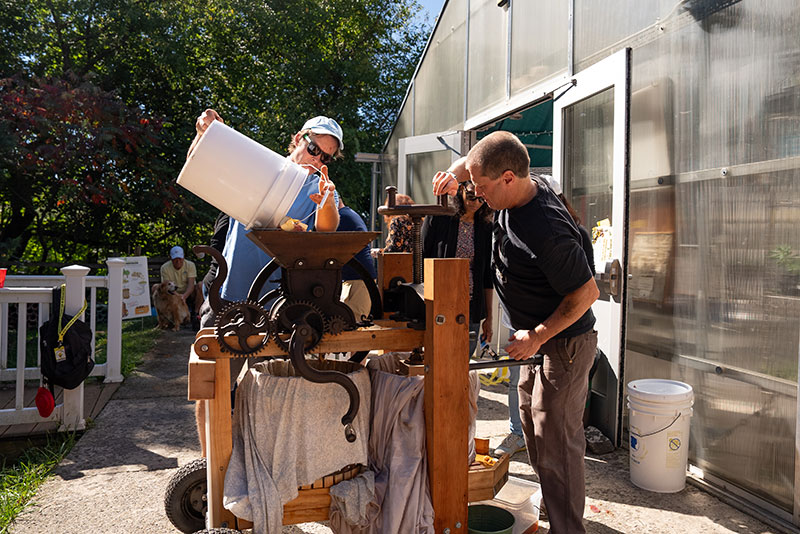
Article Updated from its Original Version Published on 4/26/21.
Volunteer Spotlight: The Greenhouse Project


